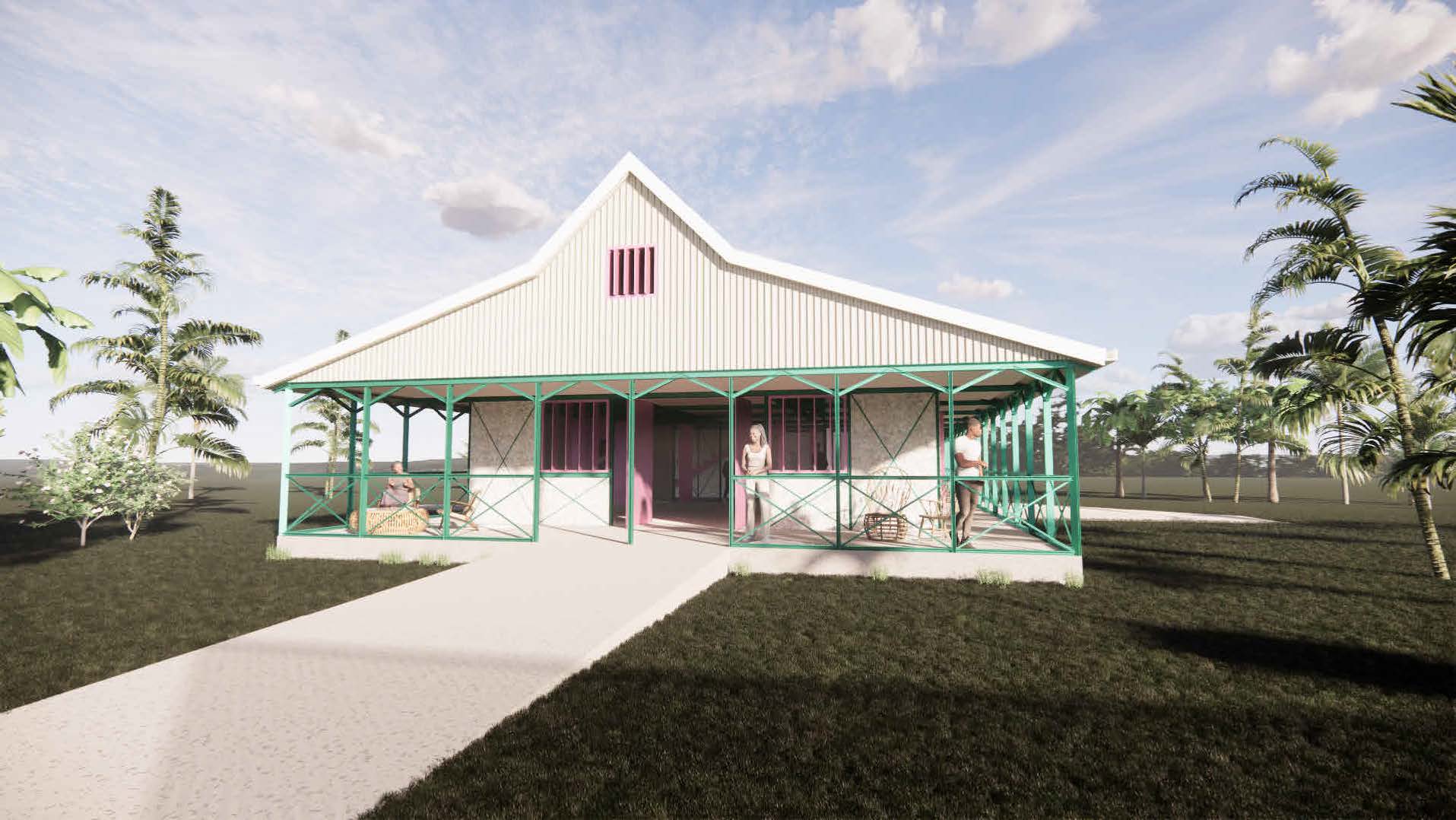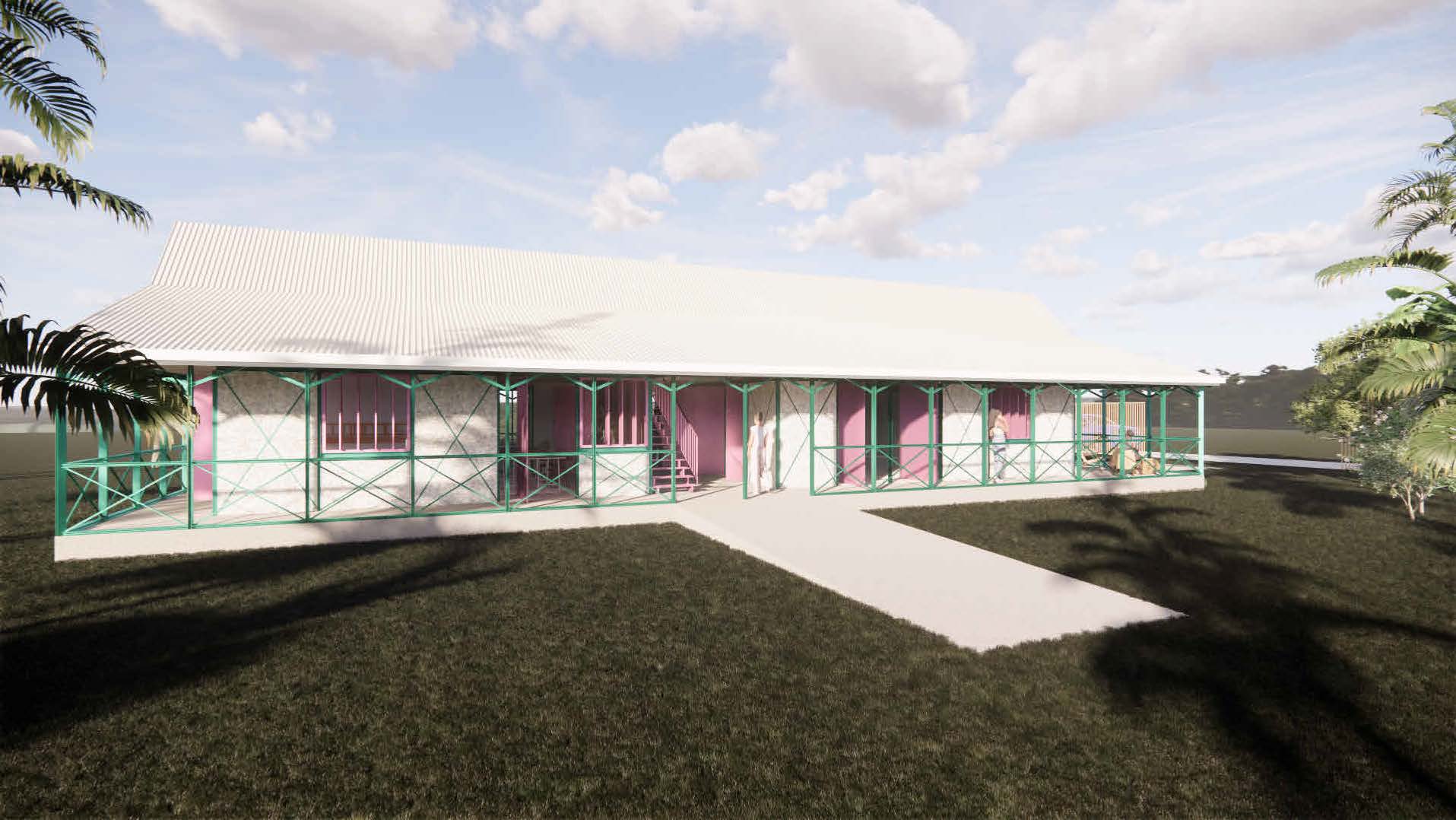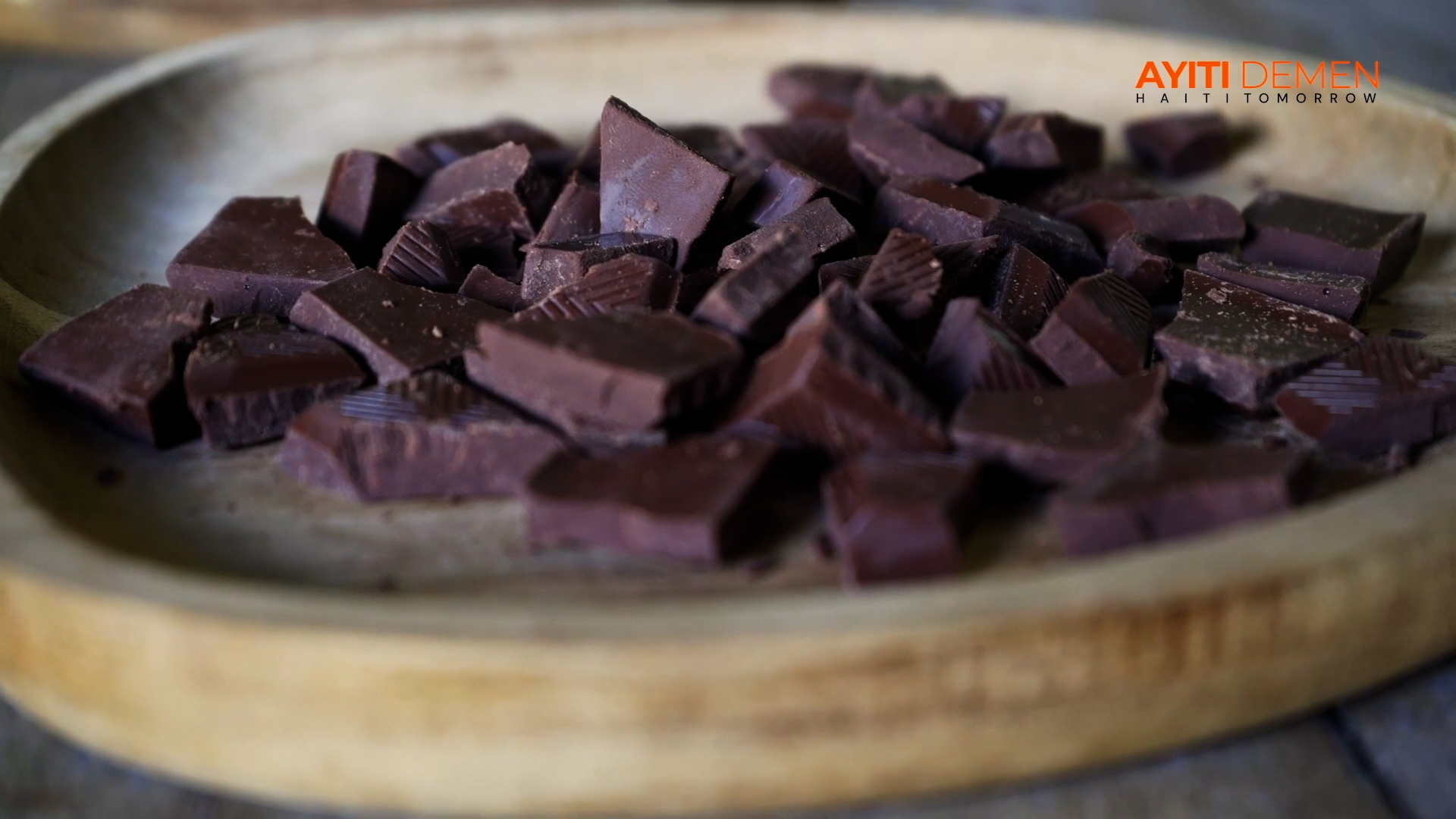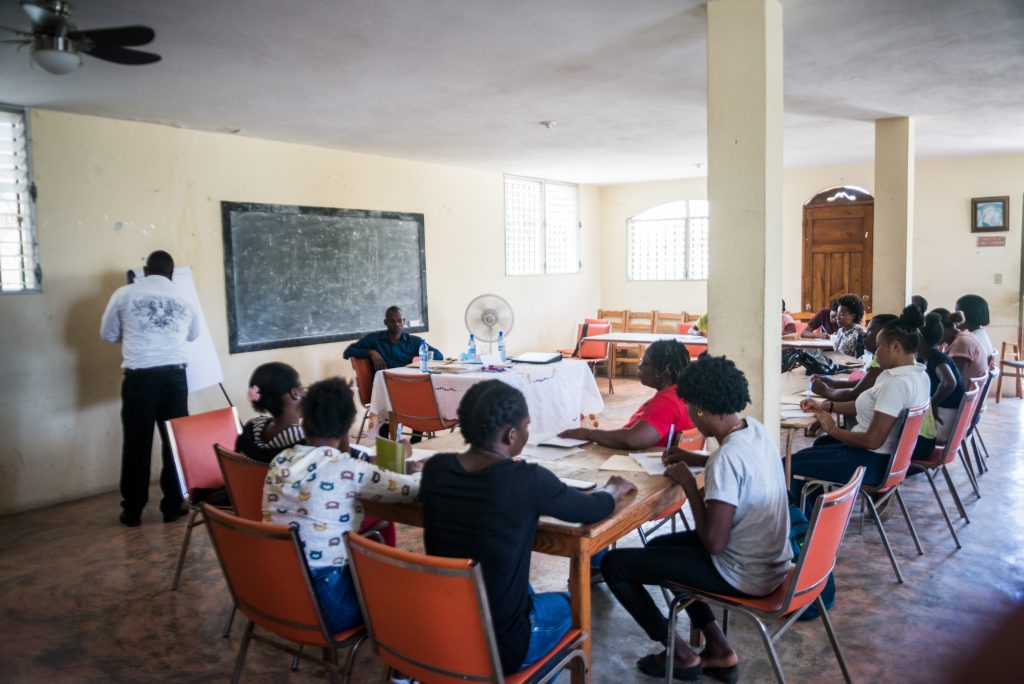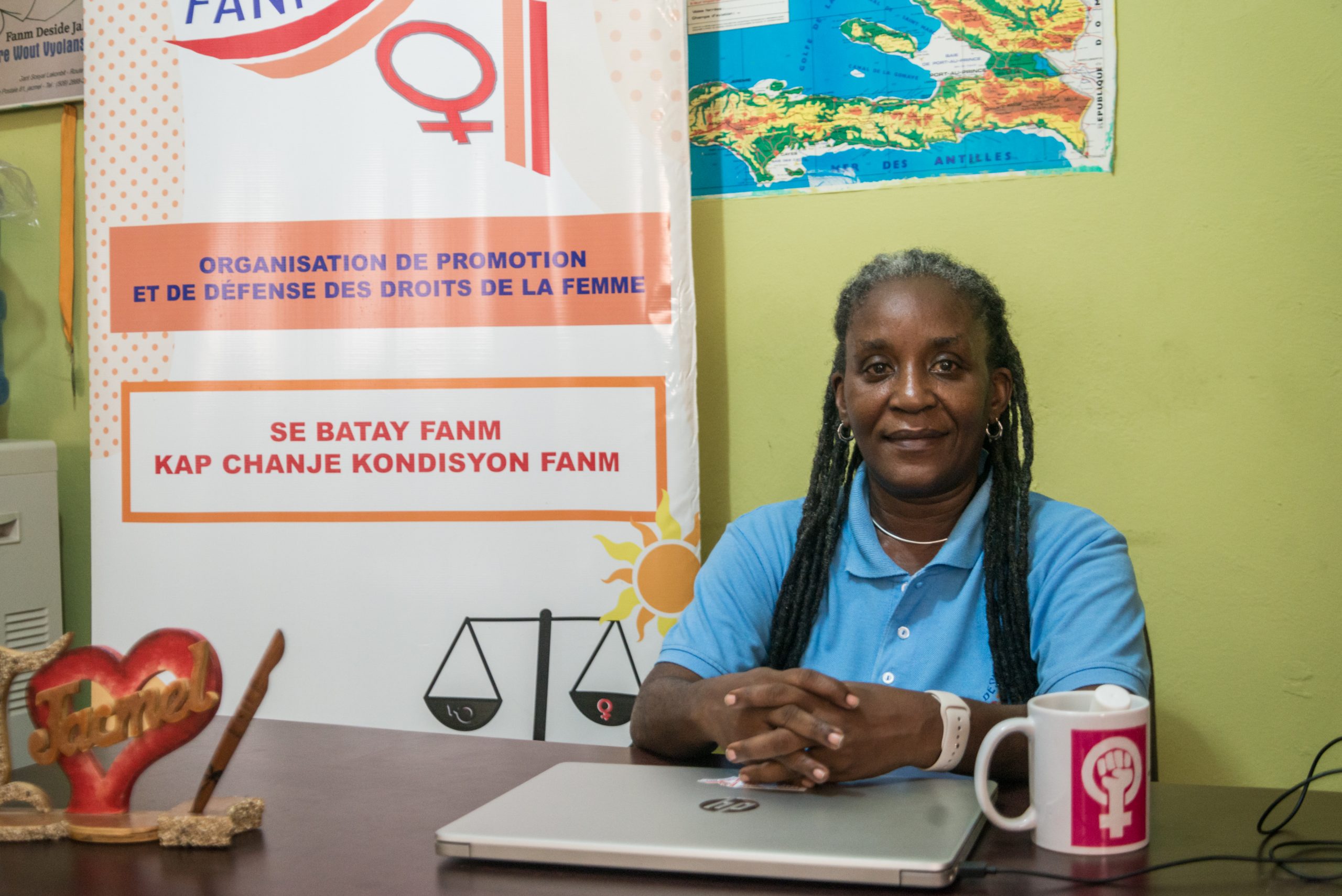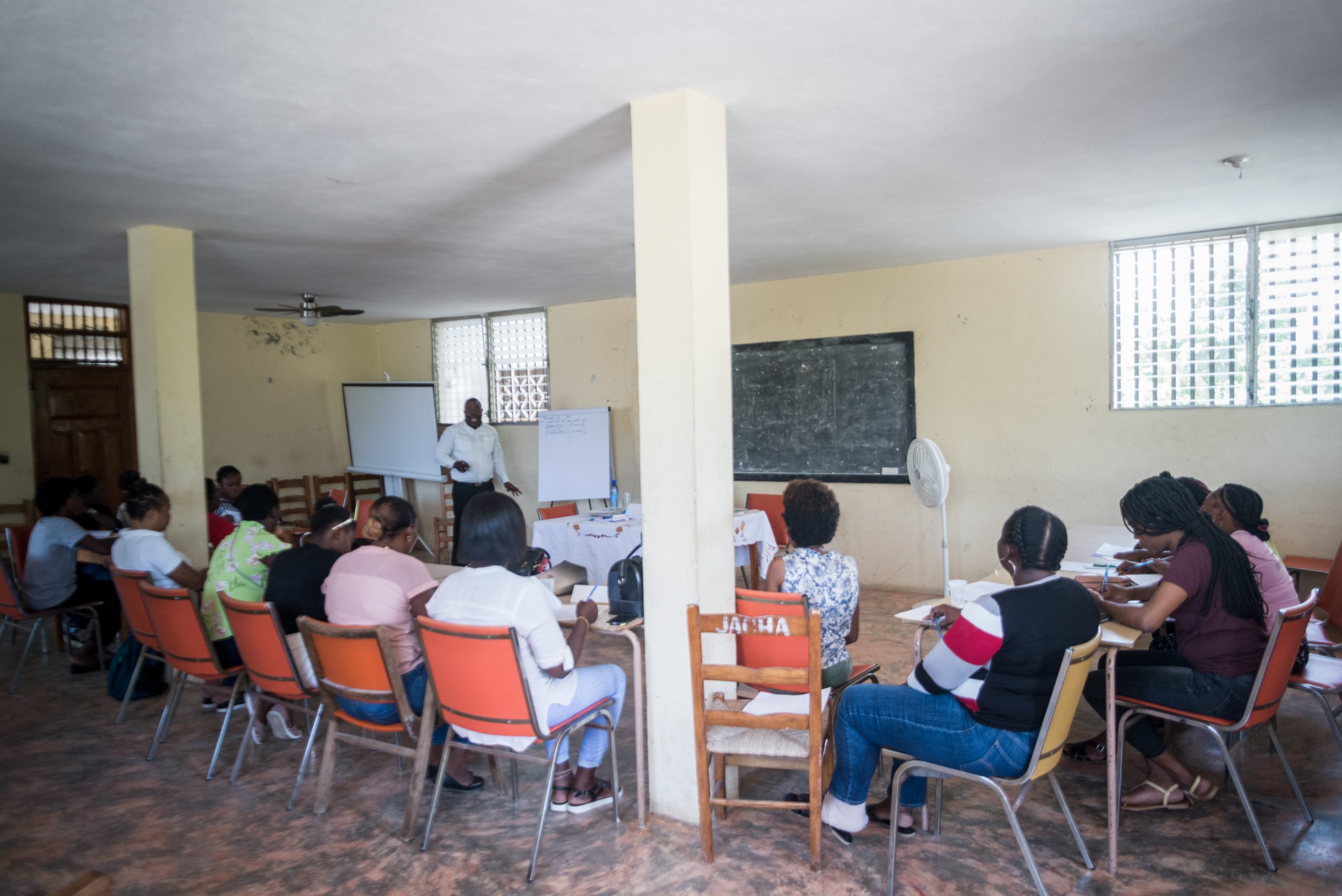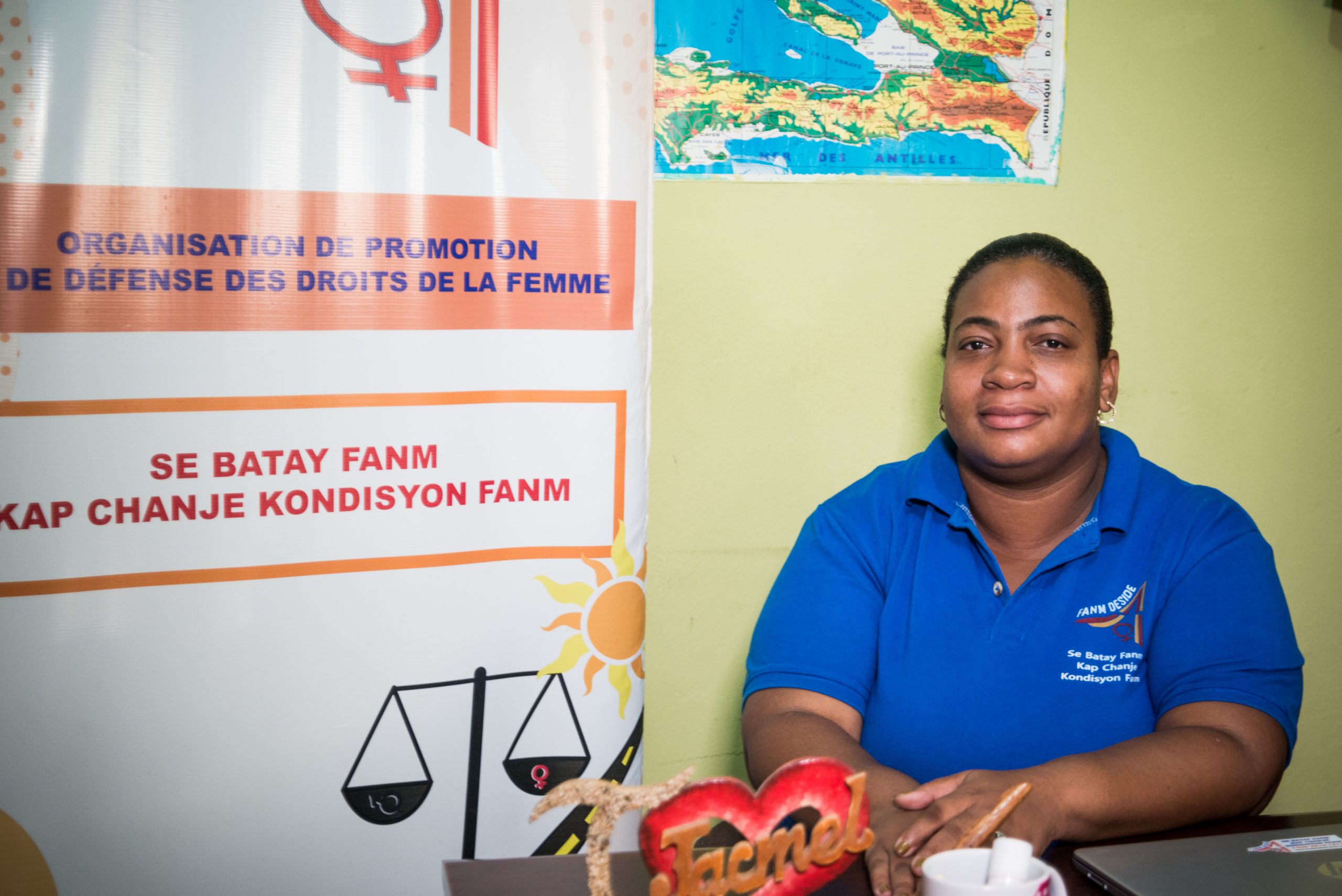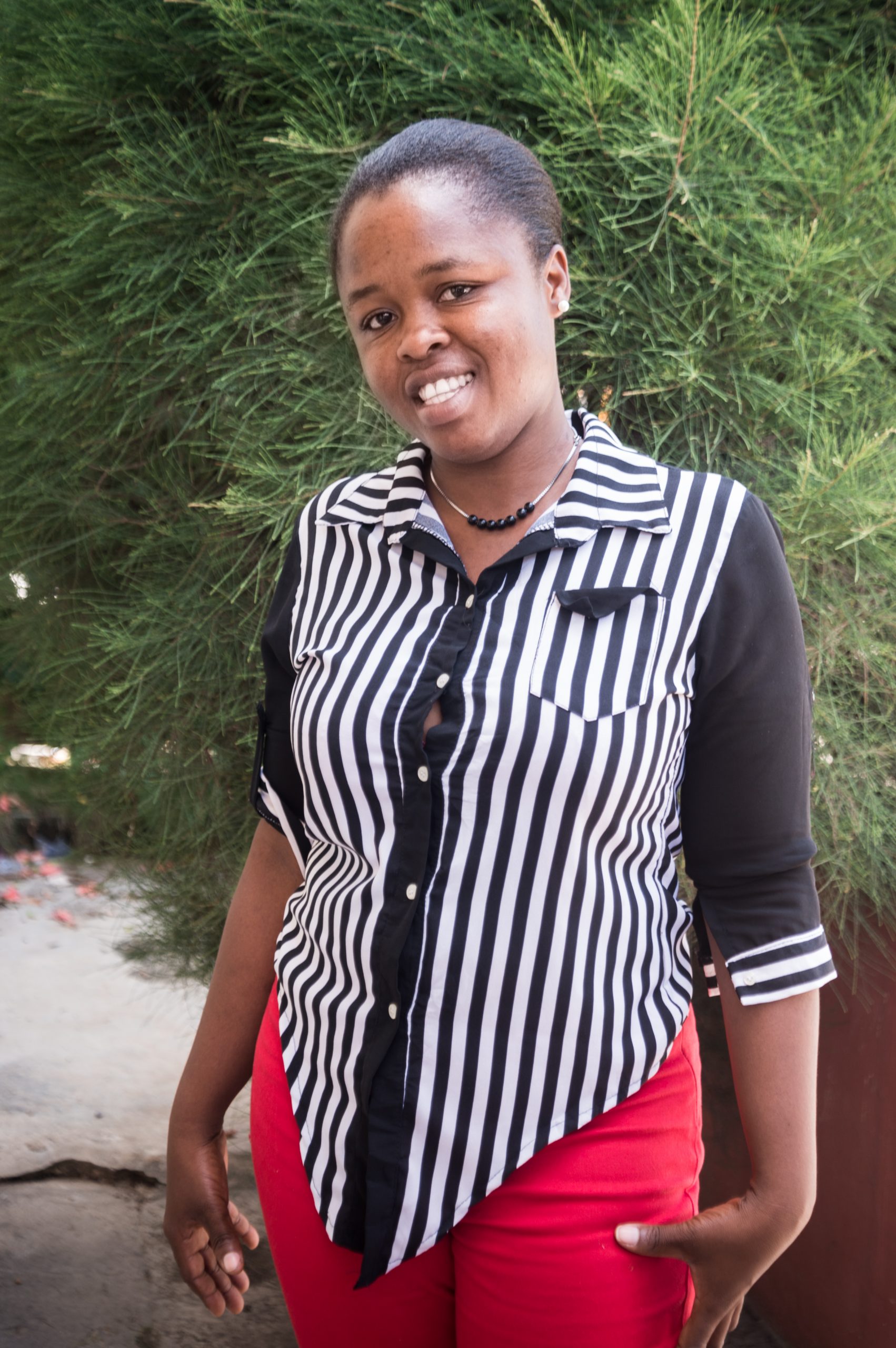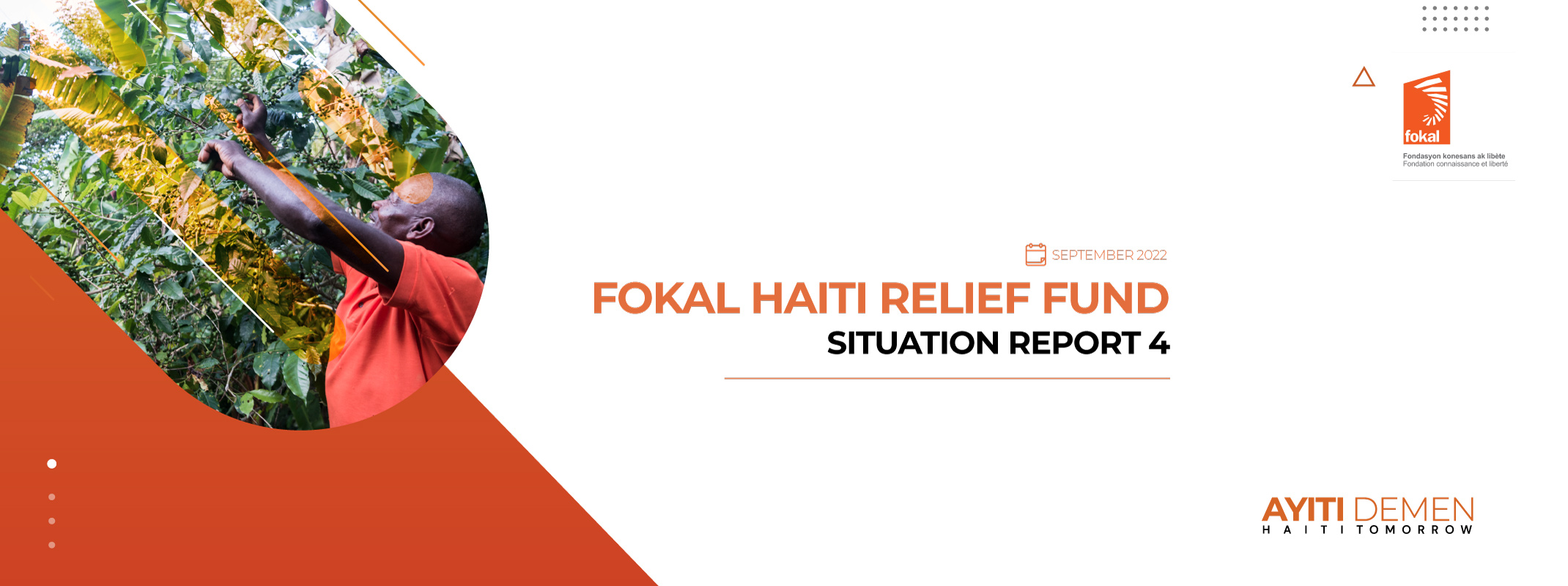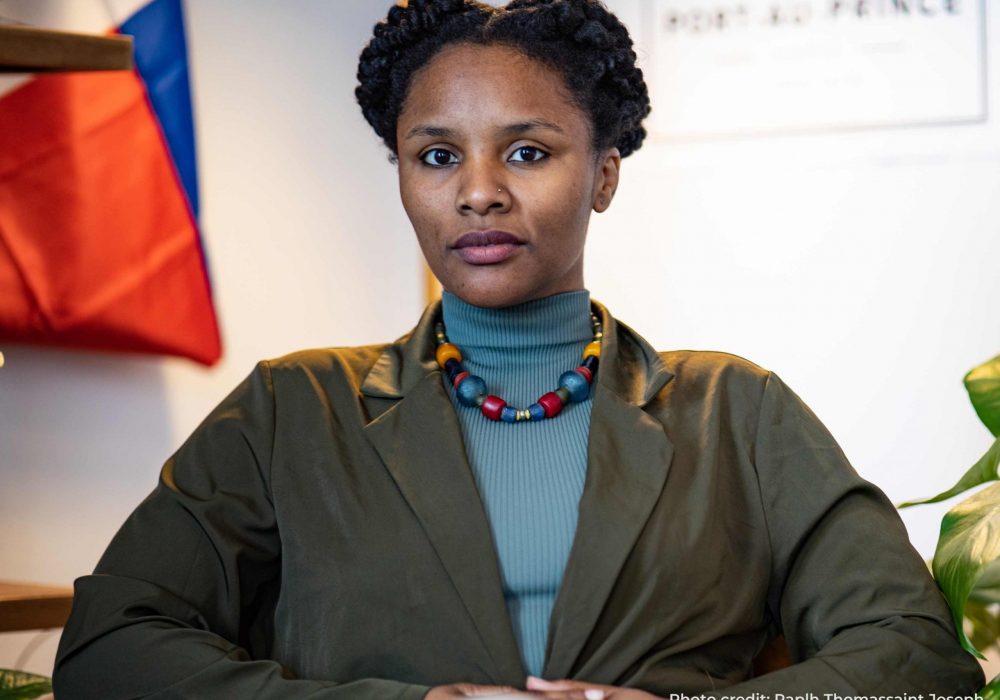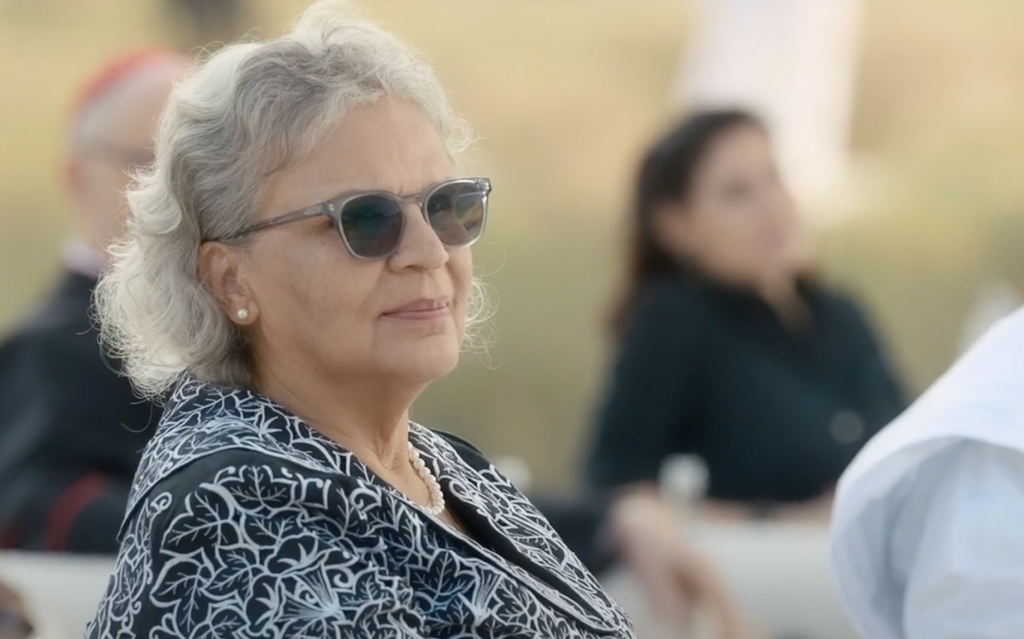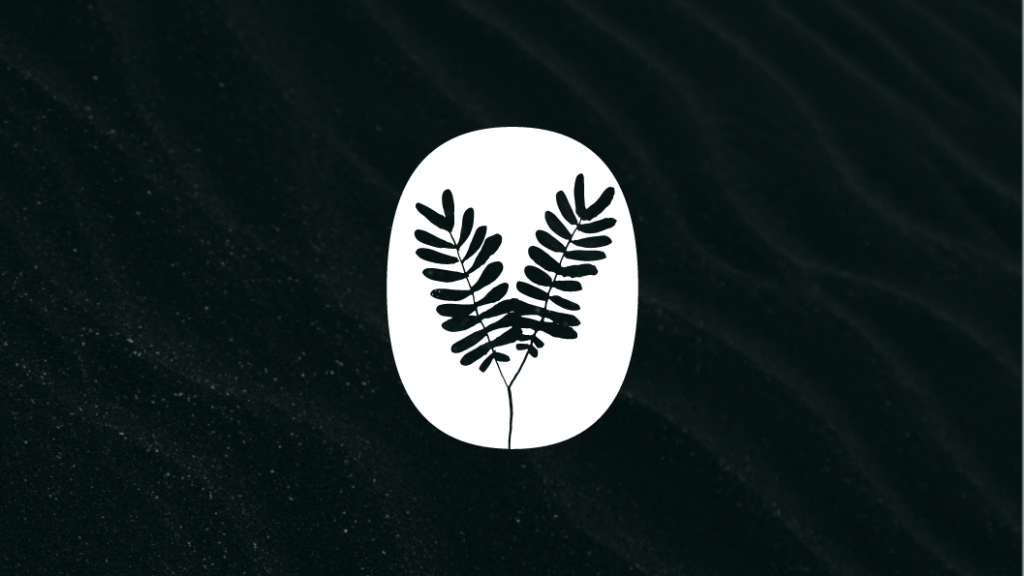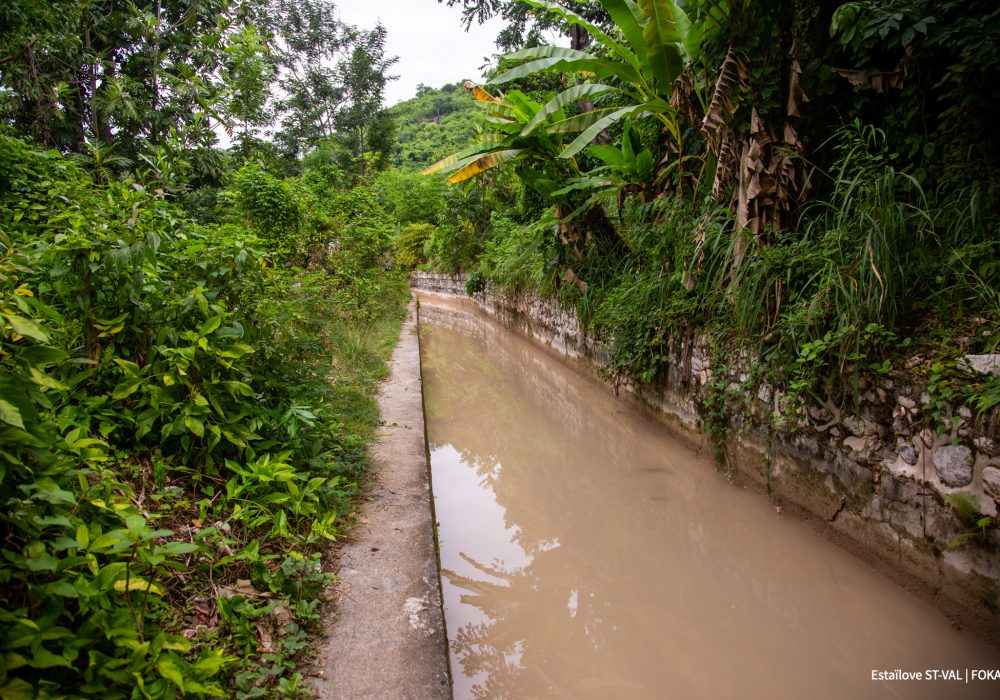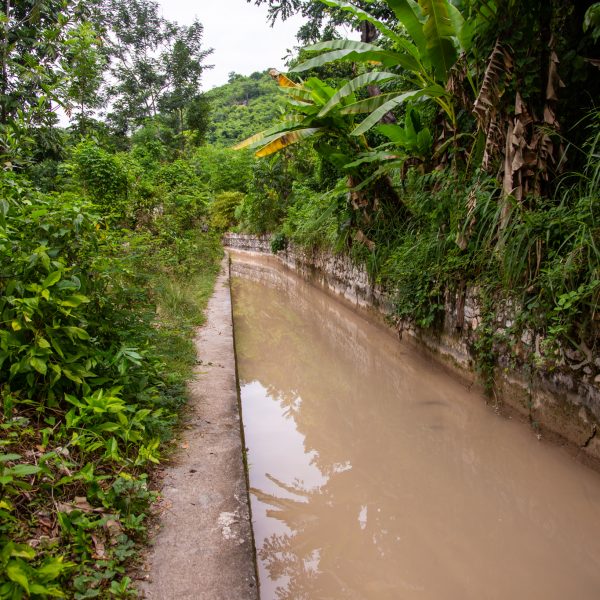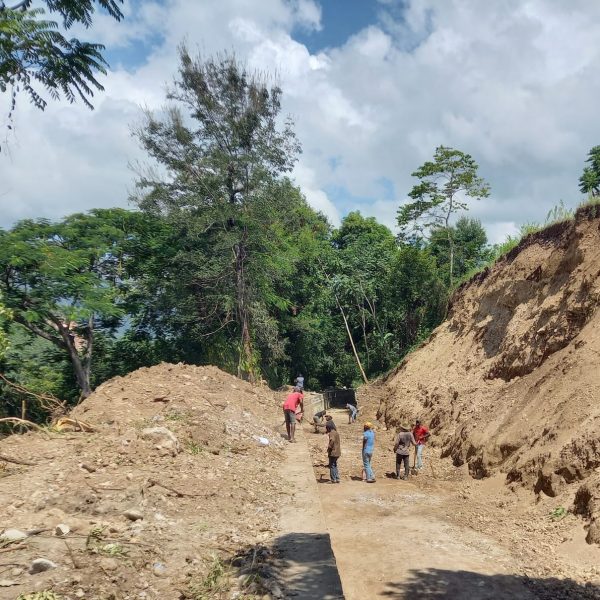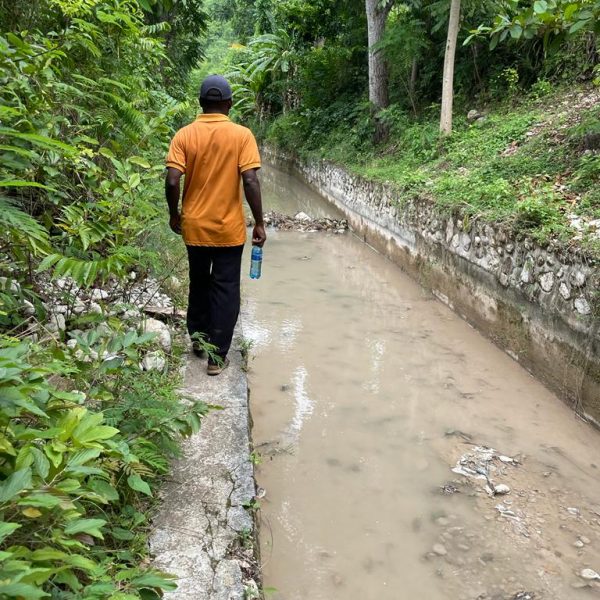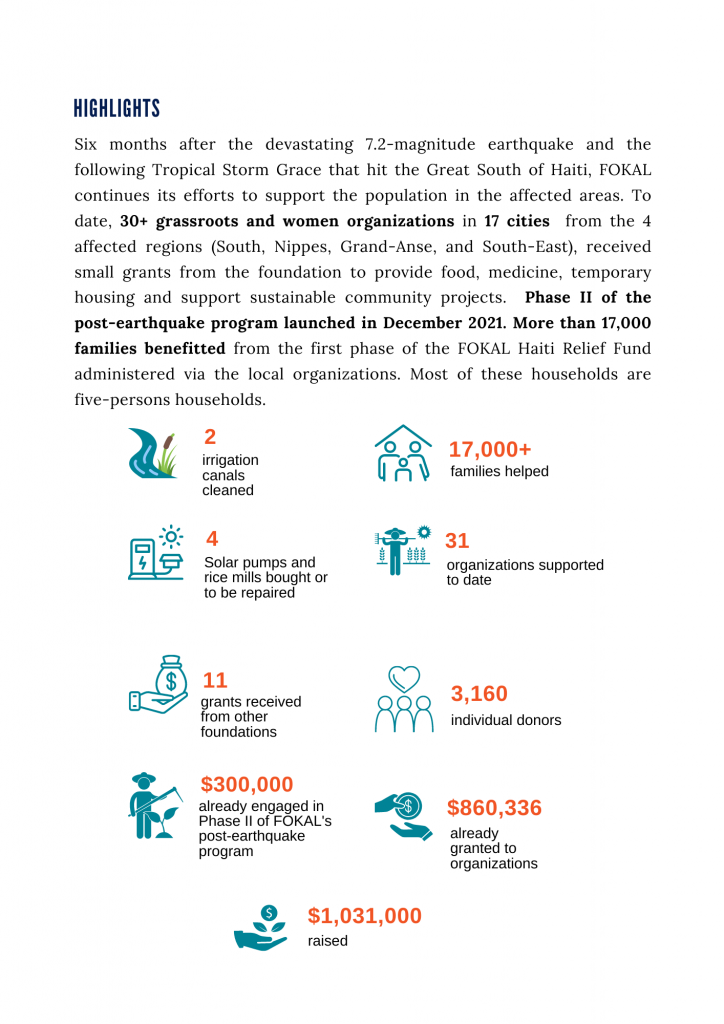Bringing water back to farmers’ communities in the South
For more than a month after the August 14, 2021, earthquake, farming
communities dependent on the most important irrigation canal in the
commune of Camp-Perrin had no access to water for their plantations.
Landslides caused by the earthquake prevented the flow of water.
Thanks to the intervention of the Association of Avezac Canal Residents,
supported by FOKAL as part of its post-earthquake solidarity program,
water has been circulating in this canal, which dates to the colonial era in
1759. A team from FOKAL and Ayiti Demen visited the site.
The earthquake of August 14 surprised Eval Sylnéus, a user of the
Avezac Canal, with one of his sons in his garden. Since 1970, Eval has
been using the water from the canal for his crops. This septuagenarian
grows legumes, tubers, and market garden products that he sells to local
consumers in Camp-Perrin and Les Cayes. Since the earthquake and the
lack of water in the Canal, Eval had stopped his activities. The canal, an
important agricultural infrastructure in the region, irrigates some 3,500
hectares in the plains of Camp-Perrin and Les Cayes and supports
between 6,000 and 7,000 families like Eval's. Water is used not only to
irrigate the land and water the animals, but also for laundry and in some
places, after treatment, to quench their thirst.
"The canal is a common good. It is a success for the community.
Many young people have become agronomists, secretaries, engineers…
It is thanks to this canal because it has allowed us to pay for their
education. When we can't use it, it's a great loss for all of us," explains
the farmer, sitting on his porch with his wife, shelling corn.
The intervention in the canal in the aftermath of the earthquake
To better understand the operation of the canal and observe the
points of crack caused by the earthquake and the work done, the team
walked more than two kilometers along the canal, from the point of
collection of water from the river to the point of separation of the
secondary branches: the branch of Laborde, 14 kilometers long and that
of Pemel, 12 kilometers long. Twenty-six (26) secondary canals are
attached to it. For this visit, the Association of irrigators of the Avezac
Canal (AIDA) designated its president, Mr. Esio Charles. The association
had contacted FOKAL to support the first works of clearing the Canal
obstructed by landslides at seven different points.
"We started the initial work with about 70 volunteers from the city. We
motivated community members for this effort. But given the extent of the
damage, we needed support. Thanks to the support of FOKAL and the
South Departmental Directorate of Public Works, we were able to clear
the canal and bring back the water one month after the earthquake,"
explains Esio, showing piles of earth removed from the canal. The
landslides had not only blocked the flow of water from the point of
capture, but the river could not feed the canal and parts of the retaining
wall were cracked or destroyed. We can see up close the risks of a new
silting up if it is not repaired, because the destroyed places are at the foot
of small mountains.
To carry out the work, the foundation's financial support created
dozens of temporary jobs, provided food for the volunteers who were
mobilized for long hours, rented heavy equipment such as an excavator
and a dump truck, and rented tools such as shovels, wheelbarrows, and
a jackhammer.
"This canal is particularly important to the region. It allows users to
grow up to four crops a year. The crops do not just stay in Cayes and
Camp Perrin, they go all over the country. People really counted on this
work for the continuity of their economic activities," adds Esio Charles,
former mayor of the town of Camp-Perrin. Masonry work is needed to
repair cracked areas, reinforce retaining walls or build sections.
A saved planting campaign, but greater autonomy desired
With the water that has returned to the Canal, the winter legume
planting campaign was no longer in danger. This campaign starts every
year in November. However, the users of the canal would like the
association to have its own equipment in the future to strengthen their
ability to act quickly in the event of such events. "One of our greatest
needs within the Association is to have our own equipment on site to
bring water back into the Canal as soon as there is a problem, […]
because often after a heavy rain, the gully can deviate from its bed,
which diverts the water from the catchment point. If we could have our
own excavator or backhoe loader, to clean the canal regularly, it would
be much better for us," says Esio Charles.
For Eval Sylnéus, this is more than necessary: "We would like this canal
not to have any failures. The materials are extremely important. This
channel is our soul, our two eyes.”
About AIDA and the Avezac Canal
AIDA is made up of a network of 180 members and governed by an
executive committee of 9 members. To consider the needs of all users,
the Association has created Canal Sub-Committees (CSCs), which are
responsible for the secondary canals of several communities connected
to the Avezac Canal, as well as Users' Groups (UGs) of each of the
secondary canals. These groups are responsible for the cleaning of each
of the branches corresponding to their locality.
It took Pierre Valentin d'Avezac six years, between 1759 and 1765, to
complete the construction of the Avezac Canal. Numerous subsequent
interventions have taken place to maintain the Canal since its creation.
